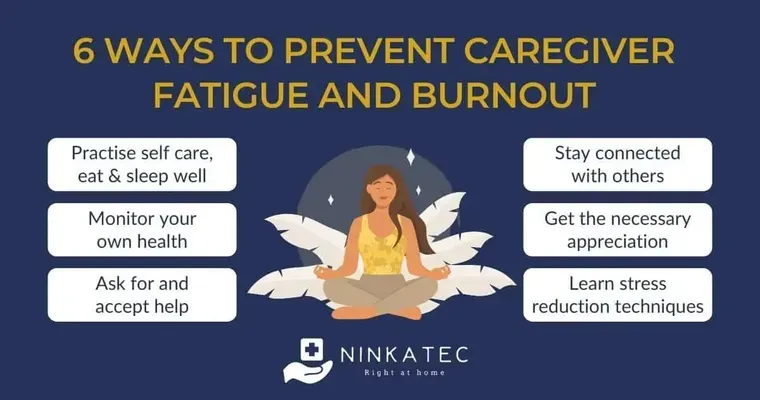Caregivers often find themselves in a demanding role that requires "physical strength", "emotional resilience", and "mental clarity". However, many caregivers overlook one critical aspect of their well-being: getting enough sleep. This article explores six compelling reasons why caregivers need to prioritize their sleep for their health and the quality of care they provide.
One of the primary reasons caregivers need more sleep is to maintain "physical health". Chronic sleep deprivation can lead to various health problems, including obesity, heart disease, and diabetes. When caregivers are well-rested, their bodies function more efficiently, helping them to handle the demanding physical tasks that caregiving often entails.
Additionally, sleep plays a crucial role in "mental health". Caregivers are at a higher risk for anxiety and depression due to the stress associated with their responsibilities. Lack of sleep can exacerbate these feelings, creating a vicious cycle. By ensuring they get enough sleep, caregivers can improve their mood and emotional stability, enabling them to provide better support to those they care for.
Another important reason is the impact of sleep on "cognitive function". Sleep is essential for memory consolidation and decision-making. When caregivers are sleep-deprived, they may struggle to remember important details or make sound judgments, which can affect their ability to provide effective care. Adequate sleep sharpens focus and enhances problem-solving skills, crucial for navigating the complexities of caregiving.
Moreover, getting enough sleep can significantly improve "energy levels". Caregiving is often physically exhausting, and without sufficient rest, caregivers may feel fatigued and less motivated. A well-rested caregiver has the stamina needed to engage fully in their caregiving tasks, ensuring that they can meet the needs of their loved ones or clients.
Furthermore, sleep can influence a caregiver's "immune system". Chronic sleep deprivation weakens the immune response, making caregivers more susceptible to illnesses. This not only affects their health but can also impact their ability to care for others. By prioritizing sleep, caregivers can bolster their immune defenses and maintain their health over the long term.
Lastly, caregivers who prioritize sleep often experience improved "relationships". Lack of sleep can lead to irritability and mood swings, which can strain relationships with those they care for and their own family members. By getting enough rest, caregivers can foster better communication and connection, leading to a more supportive environment for everyone involved.
In conclusion, caregivers must recognize the importance of sleep in their lives. By prioritizing rest, they can improve their physical health, mental well-being, cognitive function, energy levels, immune response, and relationships. It’s time for caregivers to understand that taking care of themselves is just as essential as caring for others.





